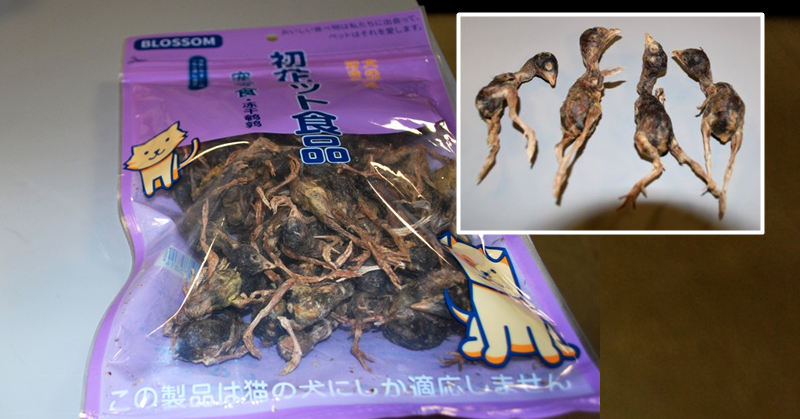Airport security measures all over the world are now tighter than ever, especially with the novel coronavirus or COVID-19 going around. So when a suspicious-looking package from China recently arrived at an airport in the United States, officials were quick to seize it!
At Washington Dulles International Airport in Virginia (near Washington, D.C.), US Customs and Border Protection (CBP) agriculture specialists seized a package from a passengers baggage. Its contents? A bunch of tiny, dead birds!
.@CBP agriculture specialists at Dulles airport continue to protect our nation’s vital agricultural resources and our economy by intercepting potential animal threats, like those posed by these tiny dead birds from China packaged as “pet food.” Read https://t.co/uJj5o5xfmN pic.twitter.com/xTldZ6G6jM
— CBP Mid-Atlantic (@CBPMidAtlantic) February 10, 2020
Airport Officials Seize Package of Tiny Dead Birds
According to a CBP press release, the passenger arrived at Washington Dulles International Airport on a flight from Beijing, China on 27th January 2020 — on the way to Prince George’s County in Maryland. During baggage examination, however, CBP agriculture specialists found a suspicious-looking package, which the passenger declared as “cat food” (pictures of a cat and dog were featured on the transparent plastic). The package contained a number of unknown, tiny birds measuring 2.5 to 3.5 inches long!
Due to the possible threat of avian influenza (or more simply, bird flu), which is highly pathogenic, the package of birds were prohibited for importation. With approval from the US Department of Agriculture (USDA), the package was seized and destroyed through incineration.
“These dead birds are prohibited from importation to the United States as unprocessed birds pose a potentially significant disease threat to our nation’s poultry industries and more alarmingly to our citizens as potential vectors of avian influenza,” stated Casey Durst, Director of Field Operations for the Baltimore Field Office of CBP.
“Customs and Border Protection agriculture specialists continue to exercise extraordinary vigilance every day in their fight to protect our nation’s agricultural and economic prosperity from invasive pests and animal diseases,” she added.
The importation of animals and animal products into the US are regulated by USDA’s Animal and Plant Health Inspection Service (USDA-APHIS), the US Fish and Wildlife Service (USFWS), and the Center for Disease Control and Prevention (CDC). Importers and consignees are urged to consult the websites of these agencies, to make sure that they meet the requirements for certification, importation, and licensing.
In addition, the US Customs and Borders Protection (CBP), under the Department of Homeland Security, is responsible for managing, controlling, and protecting the country’s borders and official ports of entry. This involves the enforcement of numerous laws concerning trade and travel.
Specifically, CBP agriculturists are charged with protecting the country’s agricultural and natural resources from harmful pests and plant diseases. They regularly inspect thousands of international passengers, as well as air cargo and sea cargo that are being imported into the US. On a typical day last year, CBP agriculturists seized almost 4,700 prohibited plants, soil, meat, and animal by-products, along with 314 insect pests at official ports of entry across the country.
Indeed, with the potential threat of bird flu and COVID-19 going around, it is only fitting that airport officials around the world enforce strict regulations. In relation to this, be sure to read this list of banned items in the UAE and list of banned items when flying from Dubai before making any travel plans.
